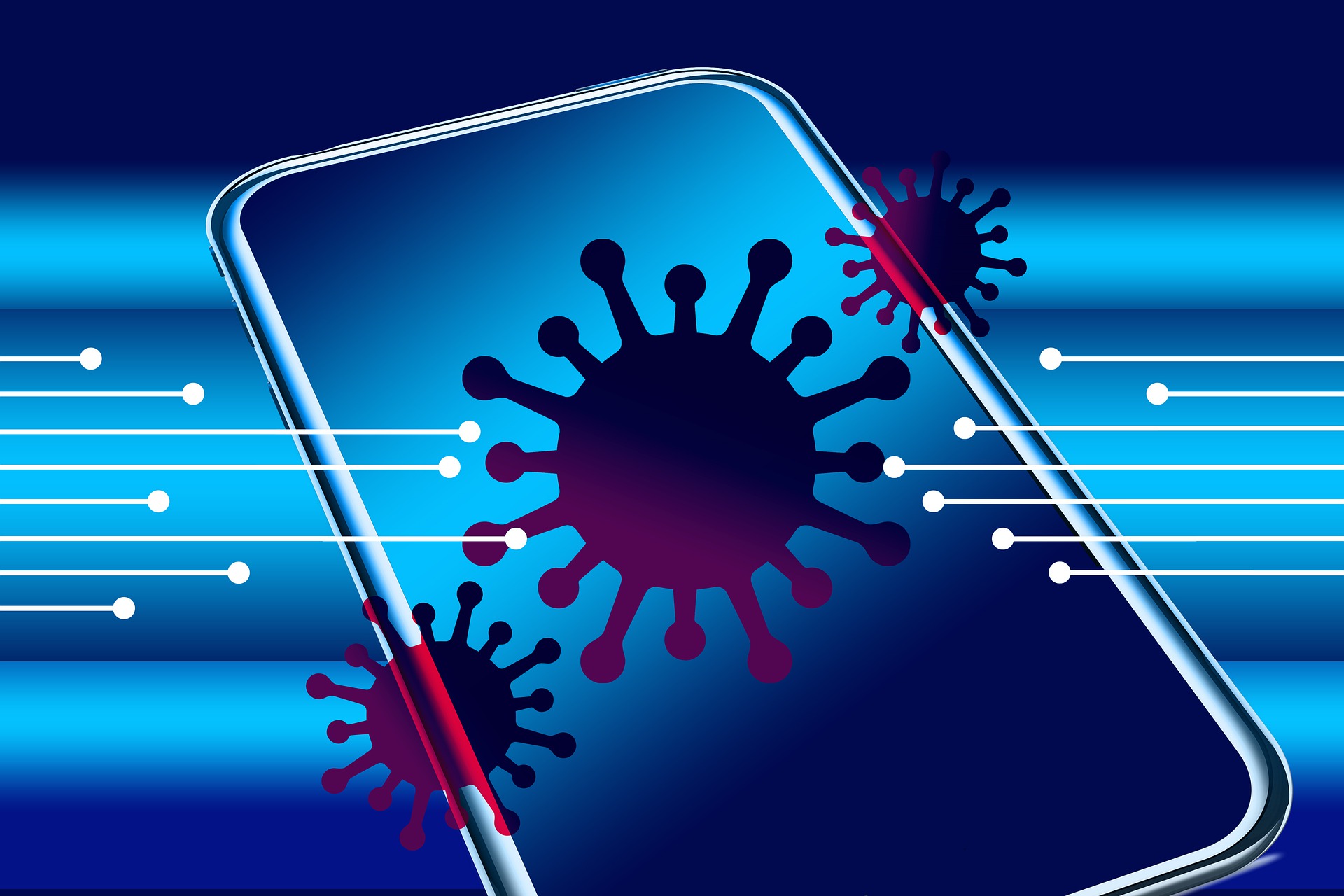The coronavirus has decimated the world economy. With numbers in Africa on an upward trajectory, governments have attempted to deploy various measures to combat the pandemic’s spread. Many people have questioned the efficacy of specific actions, such as lockdowns. The argument is that the model is only applicable in developed nations that have a proper welfare system. Simultaneously, some factions have put forward the utilization of technology, i.e., contact tracing applications to combat the pandemic.
In simple terms, the application is a solution propounded by large technology companies such as Apple and Microsoft and other third parties to facilitate contact tracing. The apps utilize technological tools such as Bluetooth to dictate the proximity of persons to infected people. Upon diagnosing someone with COVID-19, government authorities can use location data to warn and track down individuals who were close to the infected person and quarantine them. For the applications to work, individuals must download them and enable in-app permissions that facilitate location tracking. In some countries, many people have not received this app with open arms; this is mainly attributable to the distrust that people have towards their government. Thus, this article will examine the legality of the apps considering the Kenyan Data Protection and advise on the best way of implementing the application.
The conflict
Contact tracing applications bring in a conflict between the right to health and privacy. On the one hand, the government should realize the right to health progressively. On the other hand, the Constitution mandates the government to protect citizens’ private information. The Constitution resolves this conflict by allowing for the limitation of a right where enjoyment jeopardizes others’ rights. In this case, an individual’s right to privacy can be limited where the exercise of the right risks the right to the health of others. In our view, this limitation justifies the use of contact tracing applications to track and quarantine COVID-19 patients.
An individual’s right to privacy can be limited where the exercise of the right risks the right to the health of others.
Elvis
Notwithstanding the above, in 2019, Kenya passed into law the Data Protection Act that stipulates positive obligations regarding the handling of personal data. Specifically, The Act defines personal data to include information relating to an identifiable natural person and includes the name and location of the person. Also, the Act provides for the protection of sensitive personal data, and this includes health data. Furthermore, the Act expounds on the various legal principles that govern the collection and processing of personal and health data. For personal data, the Act requires, among other things, for the data controller or processor to obtain the data subject’s consent and lawfully process the data. However, the Act allows for the collection of personal data without data subjects consent to protect the data subject’s interest and to facilitate the performance of a task in the public interest. More so, the Act provides for the collection of personal data from another source where the collection would not affect the interests of the data subject. For health data, the Act requires either a healthcare provider or a person subject to professional secrecy under any law to process it. Under the Act, one can meet this condition if necessary for the public interest in public health.
It is in public interest…but
In our view, contract tracing apps can collect individuals’ personal and health data under the public interest exception to combat the spread of disease. Despite the exemption, it requires data controllers and processors to comply with the principles of legality, necessity, transparency, and accuracy. More so, they should deploy proper safeguards in the collection and processing of personal data. Such safeguards include security and anonymization of the data collected. It is our submission that the government can utilize contact tracing applications to combat the pandemic. However, they should be transparent on the collection of data, employ safeguards, and ensure that there is a sunset provision, i.e., the data shall not be kept for more extended periods after the pandemic.
Contact tracing apps can be useful in combating pandemics. Countries such as South Korea and China have successfully deployed contact tracing apps to combat the epidemic. The World Health Organization, in its interim guidance issued on 10 May 2020 on contract tracing, appreciates the role of technology in combating COVID 19. It recommends the use of contact tracing apps so long as countries uphold data protection principles. Accordingly, governments can adopt contact tracing apps but use them along with other measures such as mass testing.
It is a well-known fact that several African governments tend to ignore human rights provisions in pandemics. Thus, governments should follow the principles laid down in data protection laws and not use it to suppress dissident voices.

Comments are closed